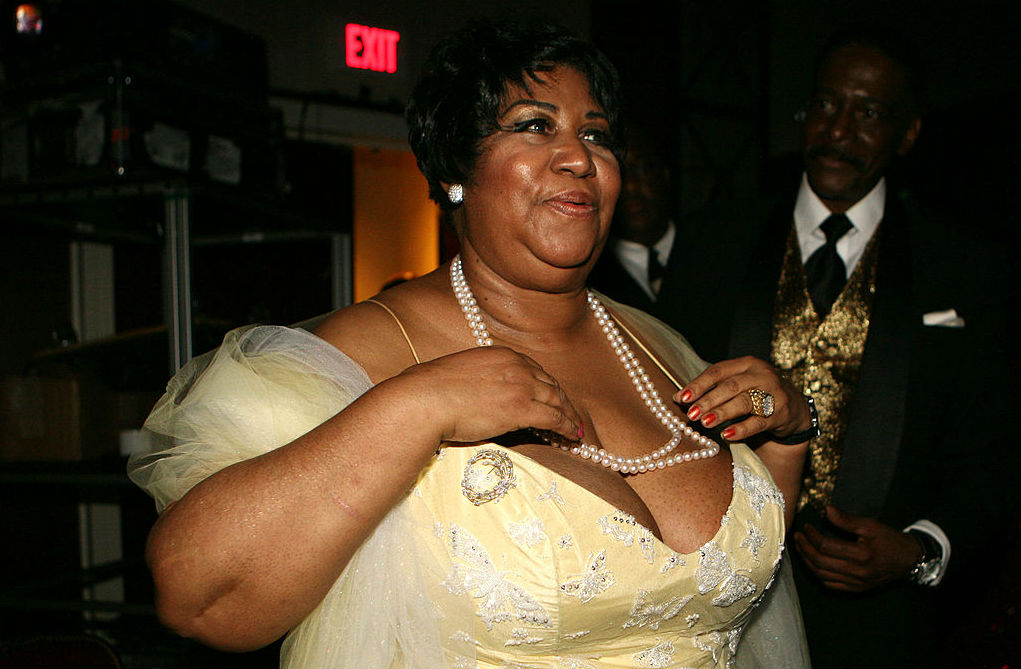Three wills allegedly written by Aretha Franklin were discovered in her home this week.
The handwritten documents were found hidden in her Detroit home, according to People magazine.
The most recent one, dated March 2014, were found in a spiral notebook under the cushions of her couch. Franklin stored the other two wills, reportedly written in 2010, in a locked cabinet. Franklin, 76, died from pancreatic cancer on August 16.
David Bennett, her longtime attorney, filed the papers with Oakland County court on Monday and shared them with lawyers who represent Franklin’s four sons. Two of her sons expressed doubt of the validity. The Associated Press reports Kecalf, her youngest son, filed papers claiming his mother wanted him to be the executor of her estate in the 2014 will.
Franklin’s estate released a statement pledging to remain impartial during the proceedings.
“[Estate executor and niece Sabrina Owners] remains neutral and wishes that all parties involved make wise choices on behalf of their mother, her rich legacy, the family and the Aretha Franklin estate,” it read.
Before the papers were found, Don Wilson, another lawyer, claimed the “Respect” singer did not leave documentation of her last wishes despite his frequent requests, reports The Detroit Free Press.
"I was after her for a number of years to do a trust," Wilson said in August 2018. "It would have expedited things and kept them out of probate and kept things private."
After Franklin died, her four sons filed documents listing themselves as interested parties for her estate. Wilson was worried there would be a lengthy court battle.
"I just hope (Franklin's estate) doesn't end up getting so hotly contested," Wilson said. "Any time they don't leave a trust or will, there always ends up being a fight."
Under Michigan law, the assets of a deceased unmarried person are to be divided equally among their children. Franklin appeared to believe in fairness as well because she wanted her assets to be "evenly distributed" among three of her sons, according to Freep. She requested special provisions for her eldest son Clarence, who has special needs. Franklin identified Edward Jordan Sr. as his father. Jordan is also the father of her second child, Edward Jr.
She stated Jordan should "never receive or handle any money or property belonging to Clarence."
"He has never made any contribution to (Clarence's) welfare, future or past," she wrote, underlining never for emphasis.
She also left property and various belongings to other members of her family including nieces, a cousin and her half-sister, who died in January.
A hearing to determine how the wills will affect the estate is scheduled for June 12.
